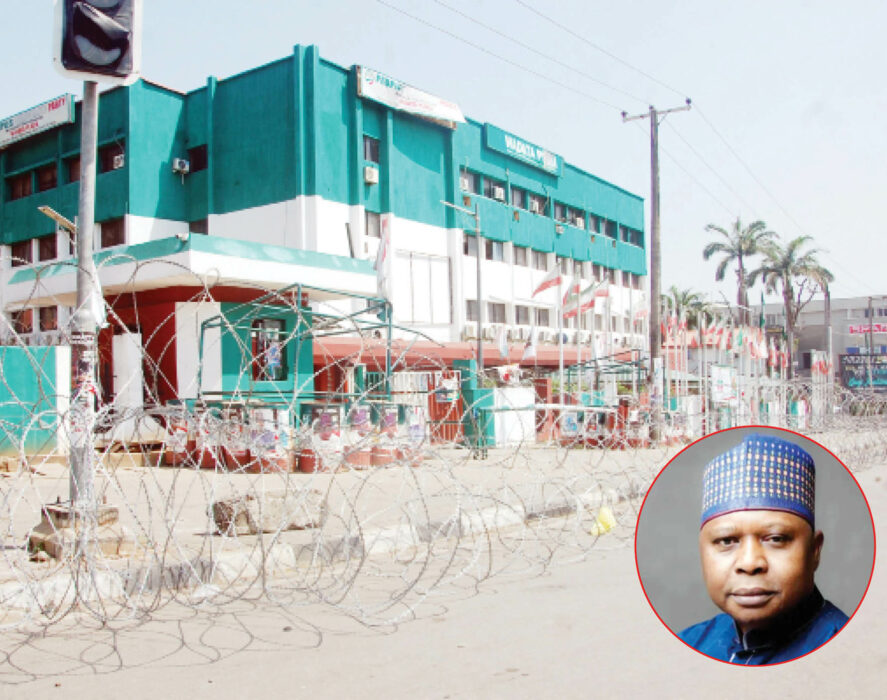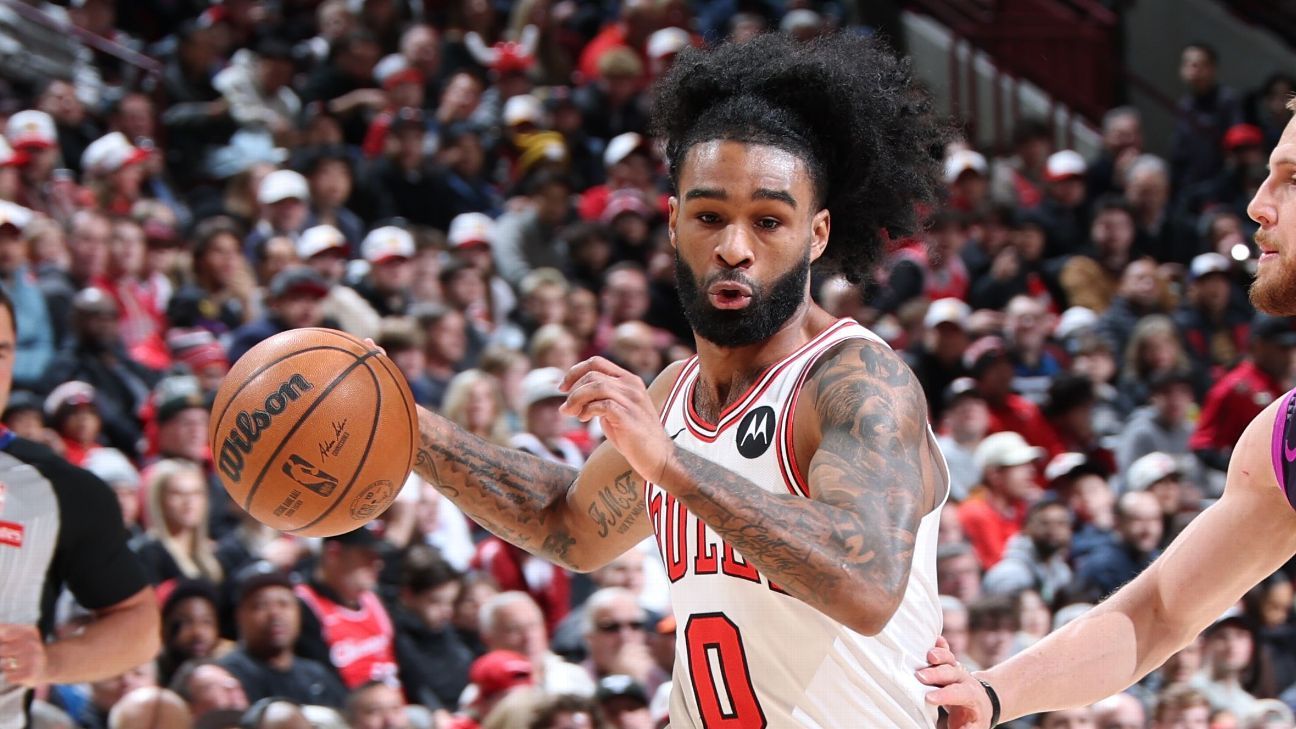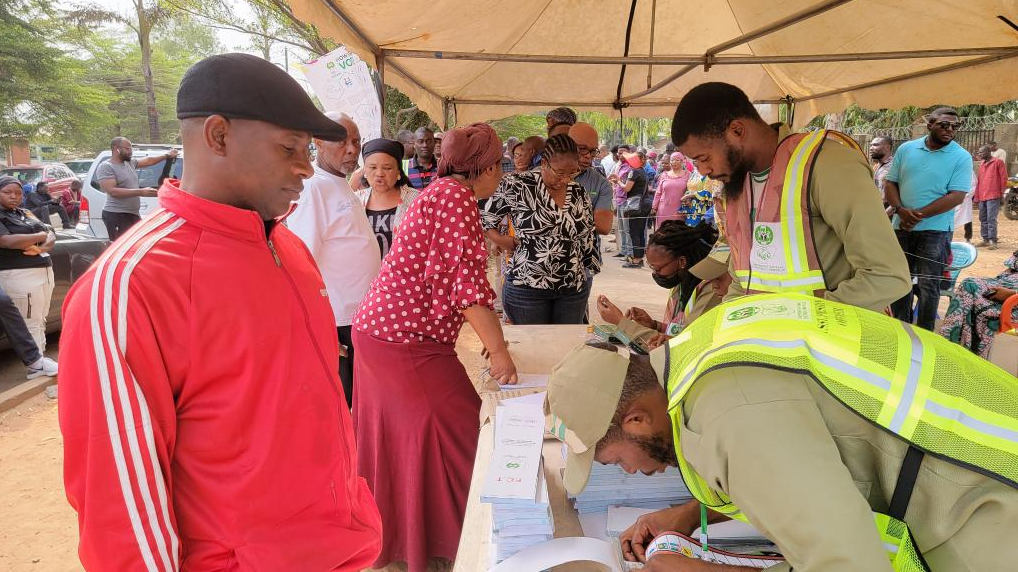Party in Turmoil: PDP Faces Escalating Internal Collapse Ahead of 2027 Elections

Nigeria’s Peoples Democratic Party (PDP), the nation’s largest opposition party, is grappling with a profound internal crisis, defying expectations that its recent national convention in Ibadan would signal renewal. Instead, the gathering exposed deep fractures, plunging the 27-year-old party into one of its most turbulent periods since inception. The turmoil is marked by legal confusion, expulsions, boycotts, violent confrontations, and an expanding trust deficit among senior leaders.
The current crisis stems from conflicting judicial rulings even before delegates convened. The Federal High Court in Abuja had, following a suit by three party officials alleging constitutional violations, restrained the Independent National Electoral Commission (INEC) from recognizing or monitoring the convention. Meanwhile, Justice Peter Lifu ordered the accommodation of former Jigawa State governor Sule Lamido. Hours later, the Oyo State High Court issued a contradictory ruling, instructing INEC to monitor the event and barring any attempts to stop it, leaving the party under a cloud of legal ambiguity.
Internal divisions were stark at the convention. Almost half of the 36 state delegations were absent, and five state chapters had been suspended. Prominent figures, including Minister of the Federal Capital Territory Nyesom Wike, former Ekiti governor Ayo Fayose, and National Secretary Senator Samuel Anyanwu, were controversially expelled. Senior insiders revealed that the convention largely served as a power consolidation exercise by influential governors, rather than a genuine effort at unity.
Tensions escalated further just two days later at the PDP national secretariat in Abuja. Supporters of the suspended National Secretary Samuel Anyanwu stormed the building, clashing violently with loyalists of the newly installed leadership. The confrontation involved stones, smashed chairs, and tear gas, transforming the party headquarters into a literal conflict zone.
Newly elected National Chairman Samuni Turaki (SAN) accused a sitting minister of orchestrating the attack and controversially called on former U.S. President Donald Trump to intervene, prompting condemnation from the ruling All Progressives Congress (APC), which accused Turaki of inviting foreign meddling and undermining national security.
Attempts at mediation came from the PDP Board of Trustees (BoT) chairman, Senator Adolphus Wabara, who emphasized the board’s neutrality and described the crisis as self-inflicted, stemming from unchecked ambitions. Former BoT Secretary and ex-National Chairman, Senator Ahmed Makarfi, resigned, citing zoning concerns and reflecting growing discomfort with the party’s direction.
INEC further rejected a request from Muhammad Abdulrahman, acting national chairman from the Anyanwu faction, to postpone the December 8 Ekiti governorship primaries. INEC stressed that notices of convention or congress must be jointly signed by both the national chairman and national secretary—a requirement the Abdulrahman request failed to meet.
External observers have expressed concern over the party’s trajectory. The African Democratic Congress (ADC) criticized the PDP’s “indiscipline,” while former Minister of Youth and Sports Barrister Solomon Dalung warned that prolonged factionalism could jeopardize Nigeria’s democracy, likening the party’s collapse to historical political upheavals. Dalung also cautioned the APC against enabling internal disruption within the PDP.
Yet some remain optimistic. PDP governorship aspirant Aminu Nda Onu in Kogi State urged factions to reconcile and equitably share positions, asserting that the party could still recover and perform strongly in upcoming elections.
Despite such optimism, the PDP’s crisis shows no signs of abating. Legal battles, mistrust among factions, and confrontations across state chapters continue to undermine the party’s cohesion, threatening its identity and capacity to contest the 2027 elections effectively. What was intended as a period of renewal has instead spiraled into a high-stakes power struggle with profound implications for Nigeria’s political opposition landscape.
You may also like...
Hawks Shake Up Starting Five: Risacher Traded for McCollum in Bold Move!

The Atlanta Hawks have made a notable lineup change, moving Zaccharie Risacher to the bench in favor of veteran CJ McCol...
Rookie Sensation Coby White Poised for Electrifying Hornets Debut Against Bulls!

Coby White is slated to debut for the Charlotte Hornets on Tuesday night against his former team, the Chicago Bulls. Acq...
Prime Video's 'God of War' Unleashes Kratos Cast Guide and Shocking Villain Reveal

Amazon Prime Video's "God of War" series is gaining momentum with key casting announcements, including Ed Skrein as the ...
Chalamet & McConaughey Ignite Debate on Netflix's Action Obsession in Must-Watch Town Hall

Actors Timothée Chalamet and Matthew McConaughey reunited for a CNN & Variety Town Hall, discussing their film 'Interste...
Cardi B Unleashes Fury on Trump Advisor in Explosive Nicki Minaj Bot Report Controversy!

A public spat erupted between Cardi B and Donald Trump advisor Alex Bruesewitz over a report suggesting bots amplified N...
Legendary Queens of Hip-Hop: Salt-N-Pepa & DJ Spinderella to be Inducted into Hall of Fame at NAACP Image Awards!

Hip-hop legends Salt-N-Pepa and DJ Spinderella are set to be inducted into the Hall of Fame at the 57th NAACP Image Awar...
Kenya Revolutionizes Travel: Digital Fare System Signals Cashless Public Transport Era

Kenya is making significant strides towards launching the Integrated Automated Fare Collection System (IAFCS), a unified...
SalamAir Unveils Historic Nonstop Flight Between Oman and Mogadishu

Oman's low-cost carrier SalamAir will launch the first-ever direct Muscat-Mogadishu flight on September 3, 2026, operati...





